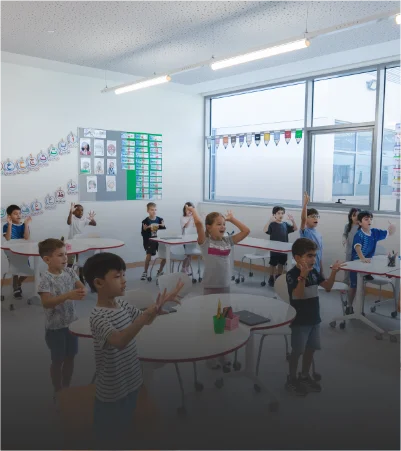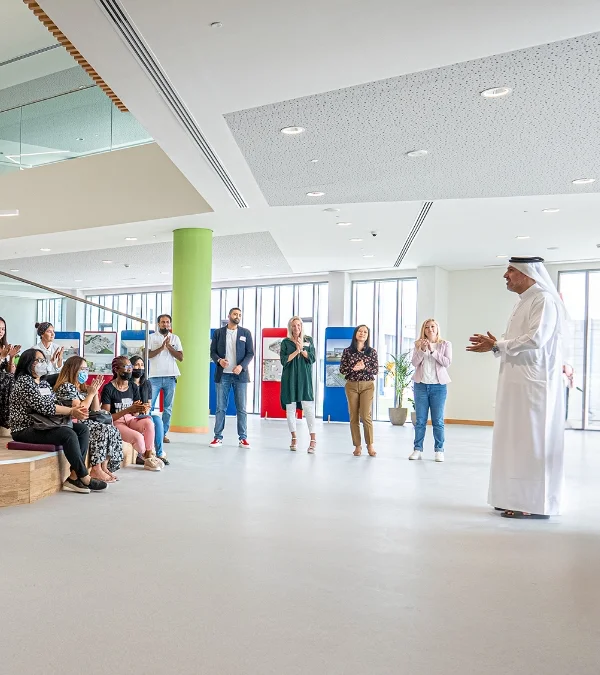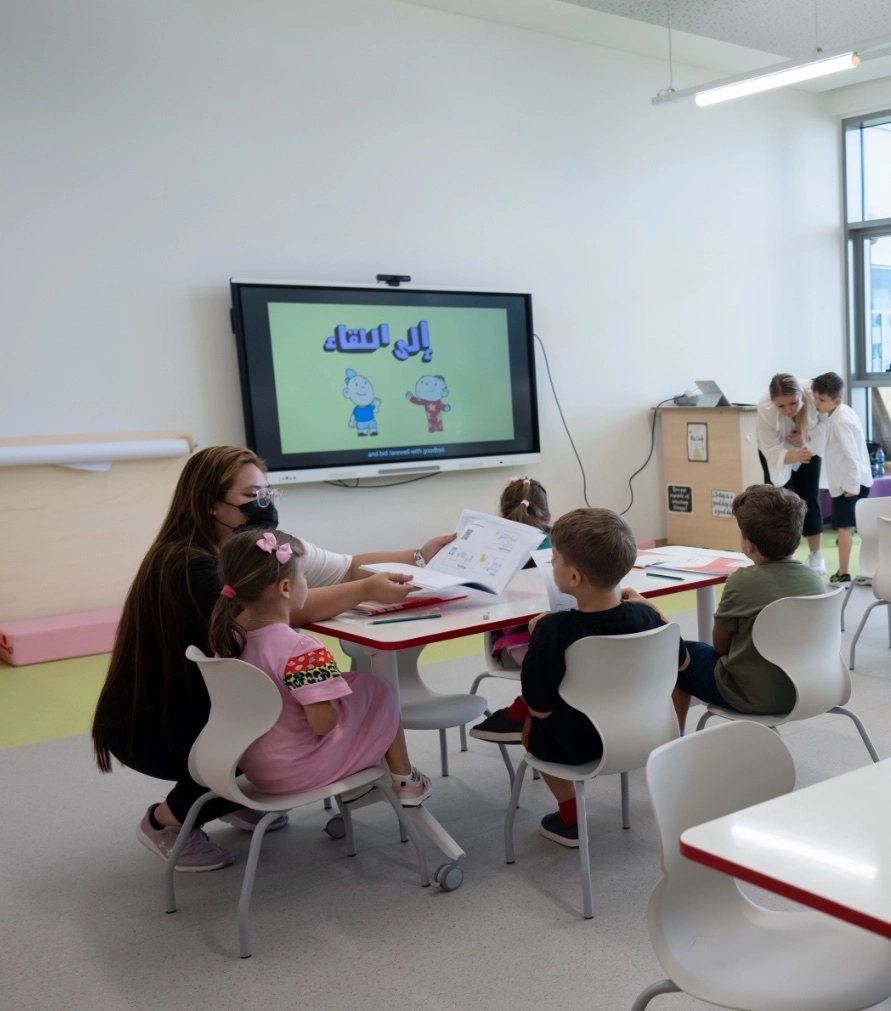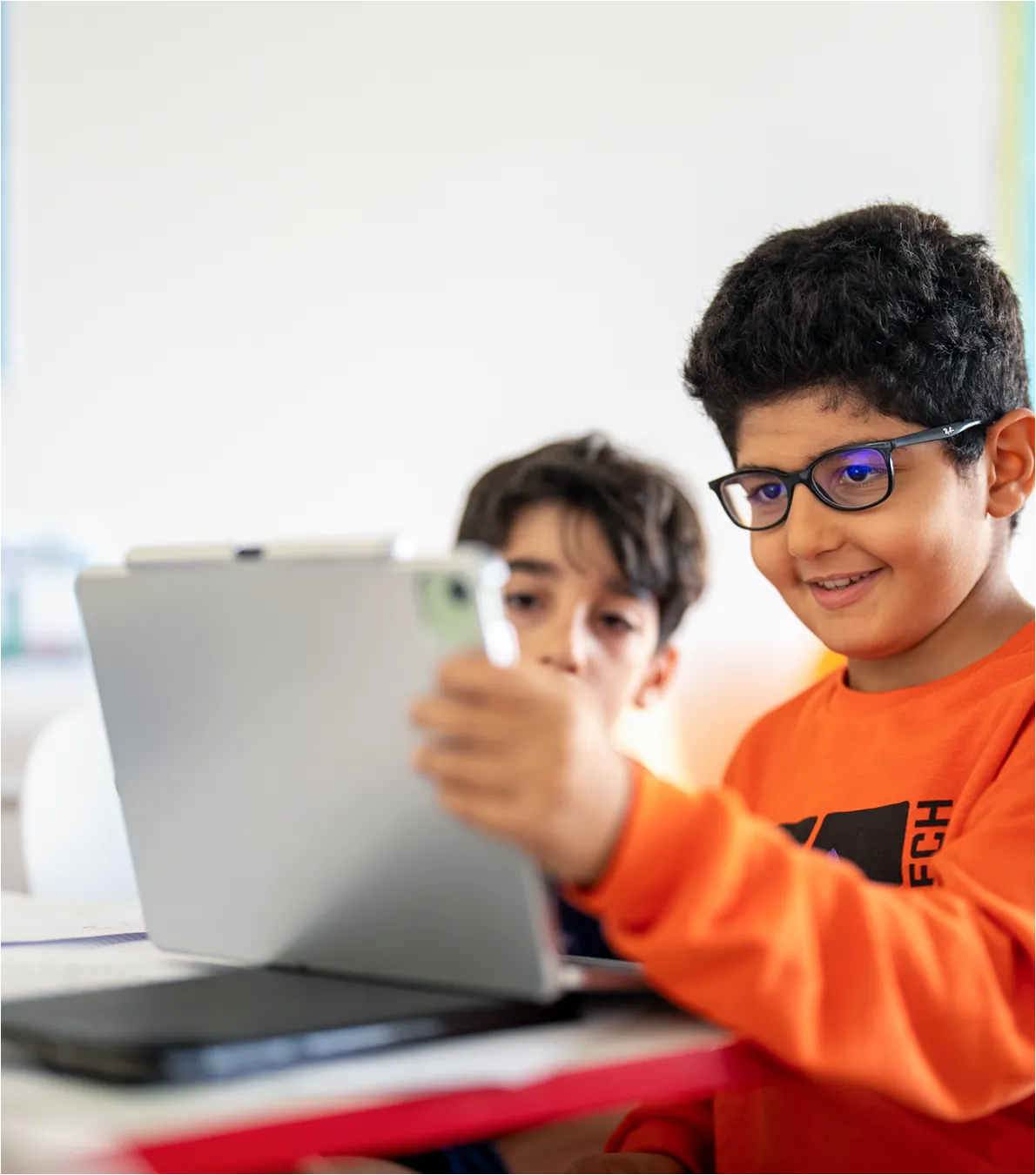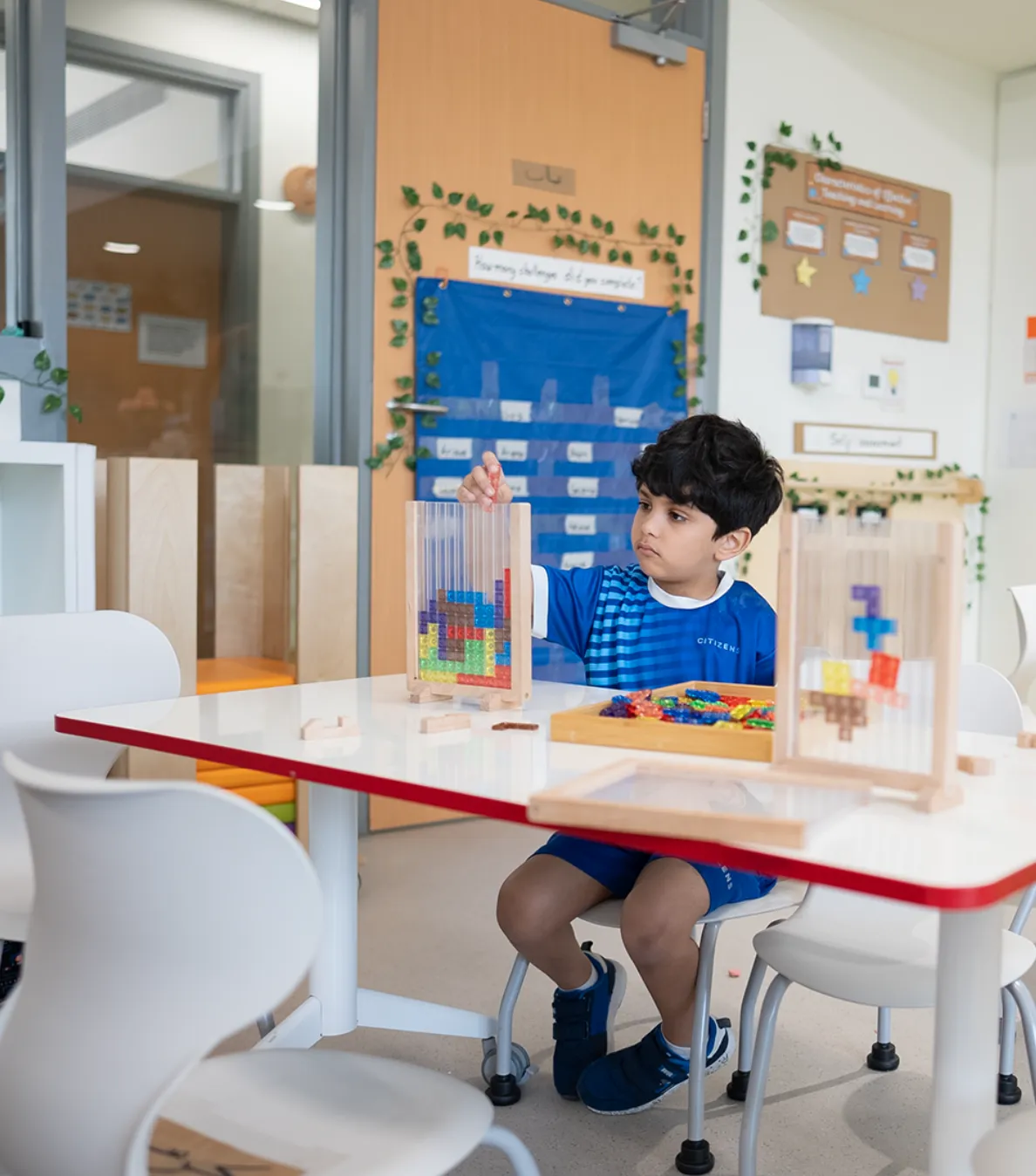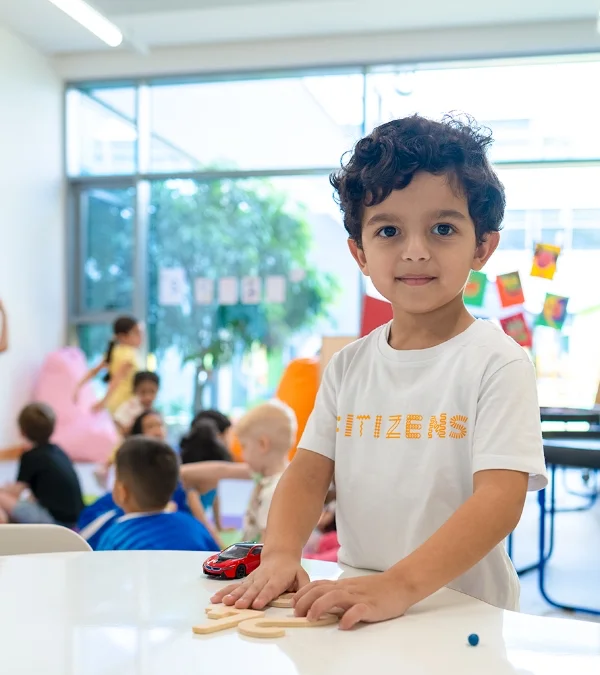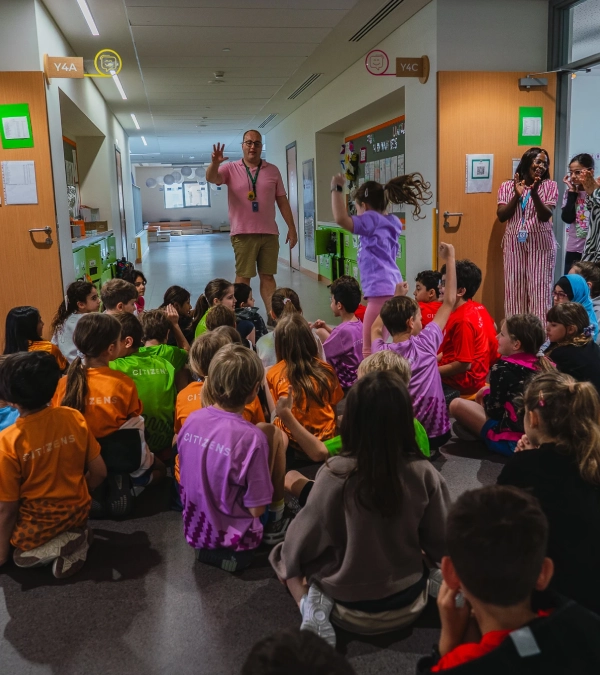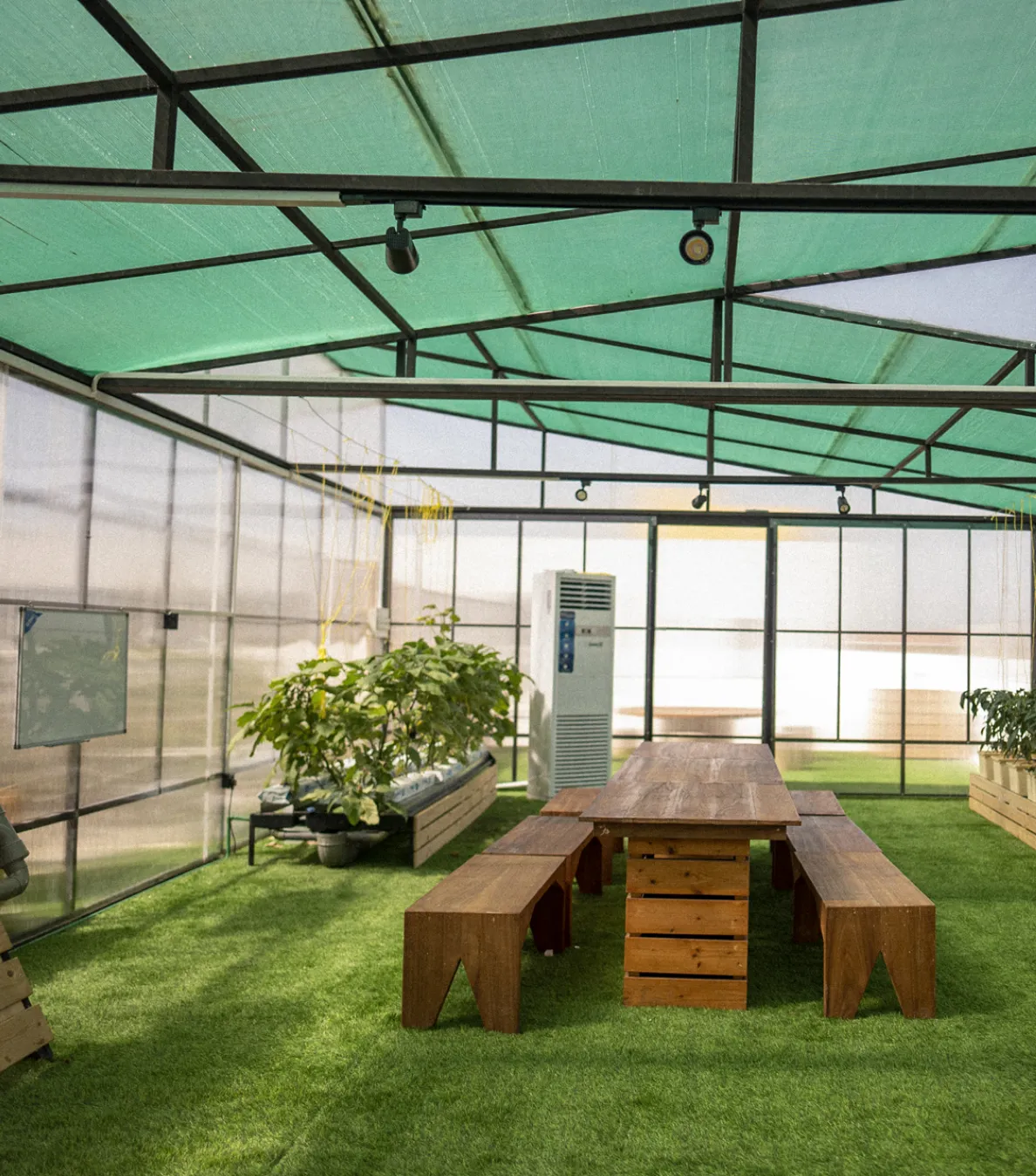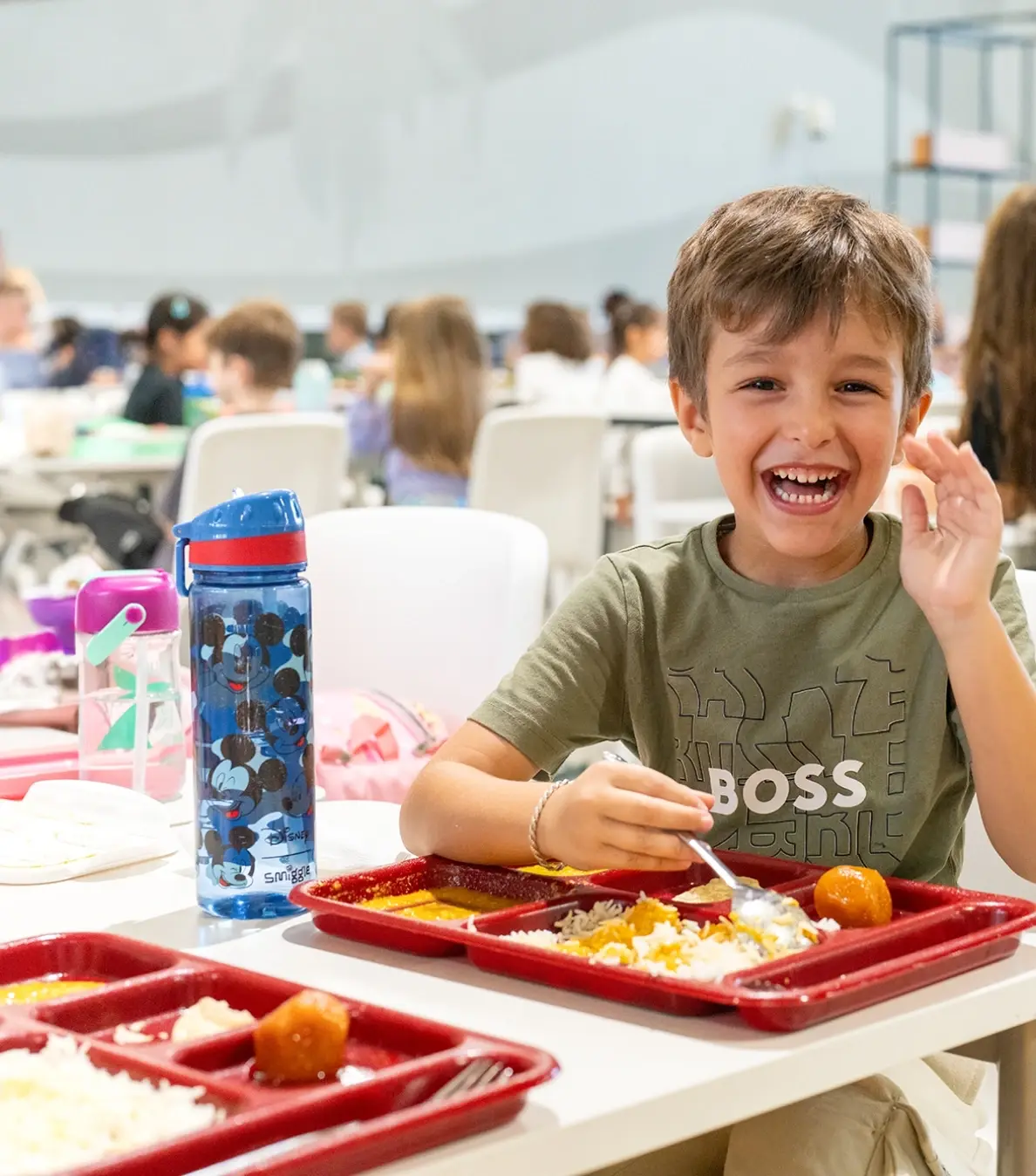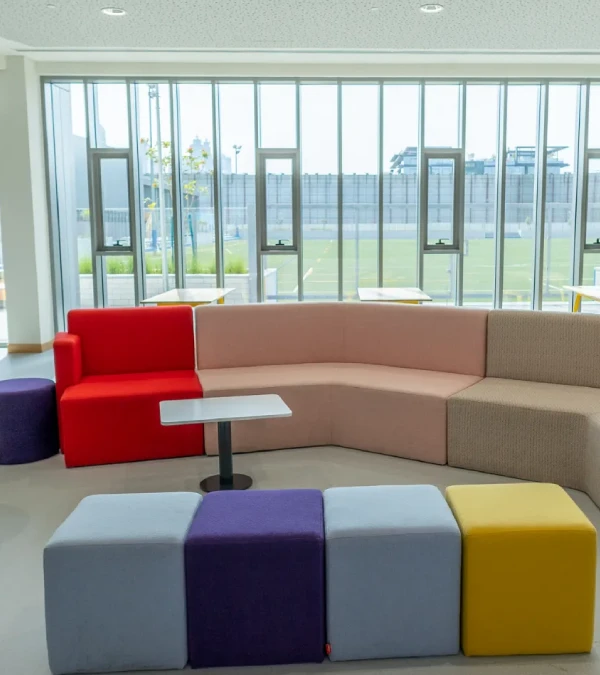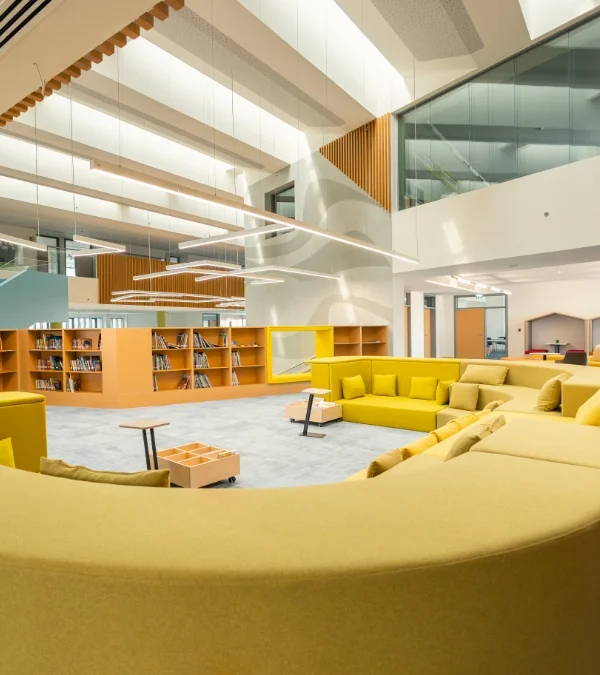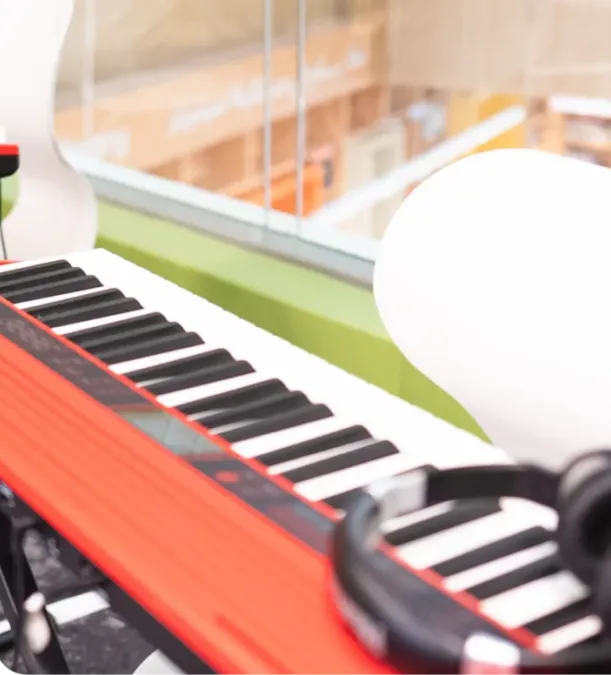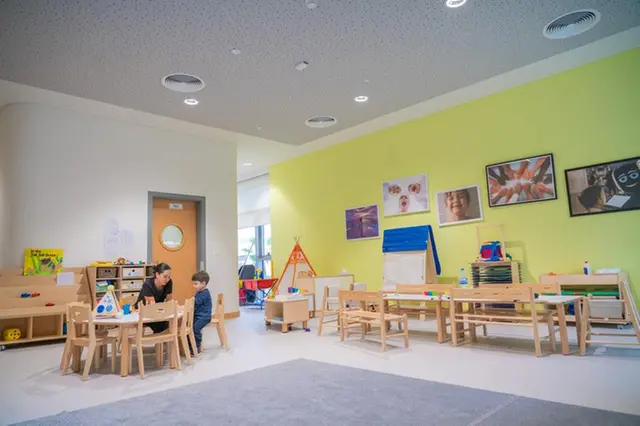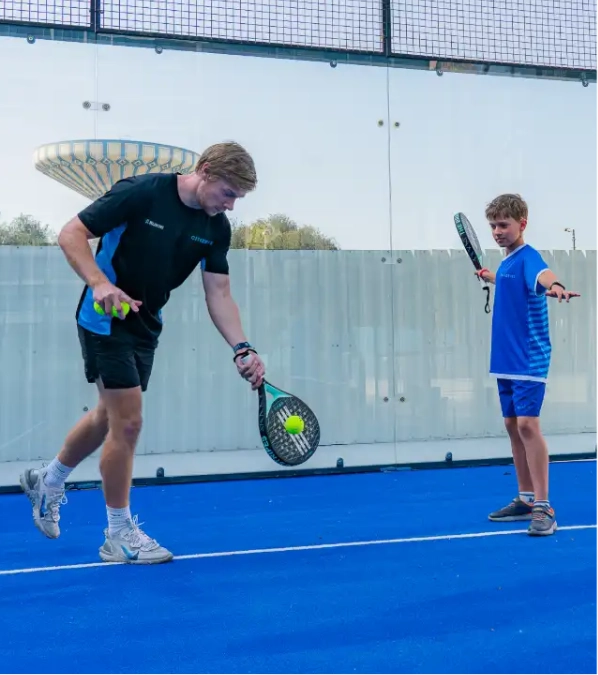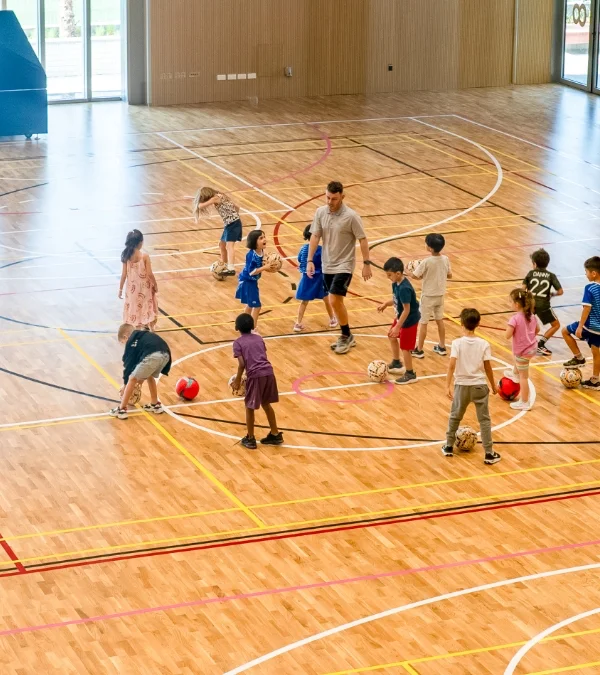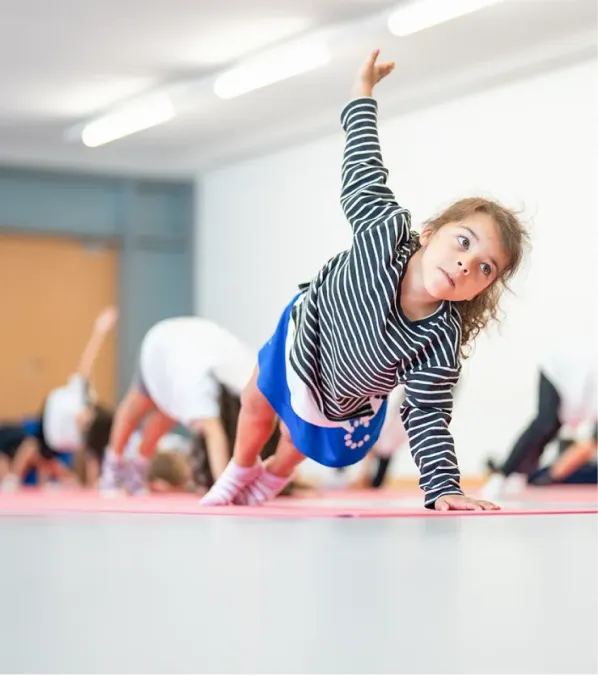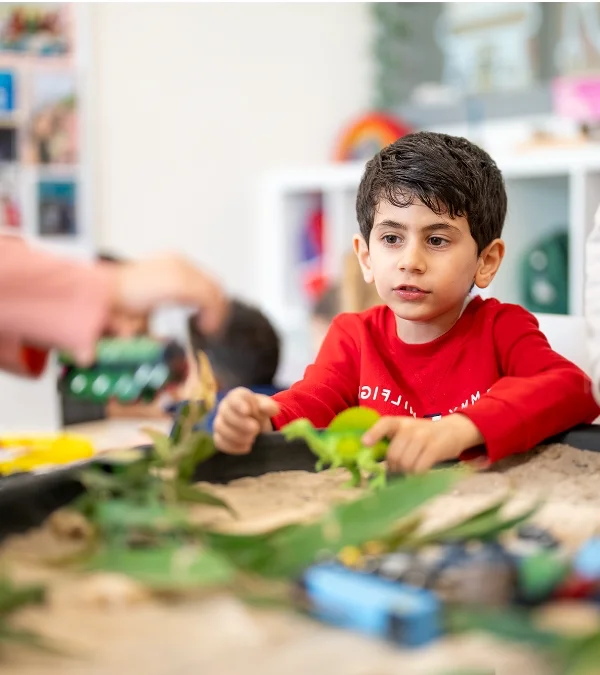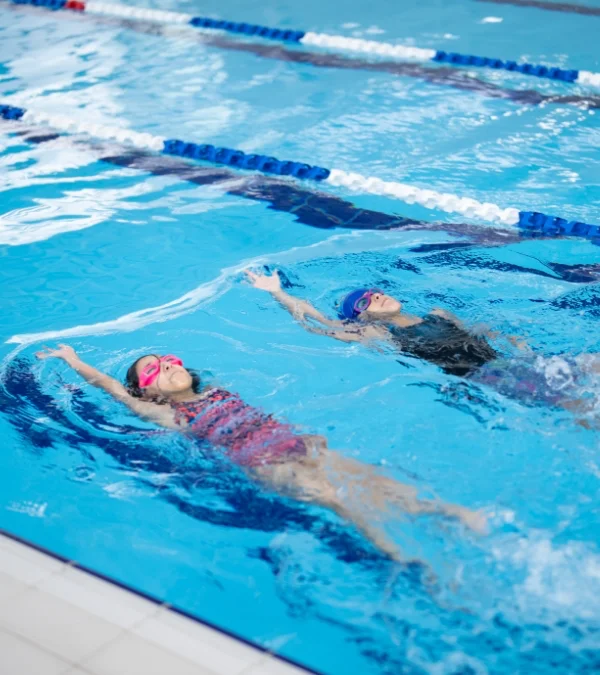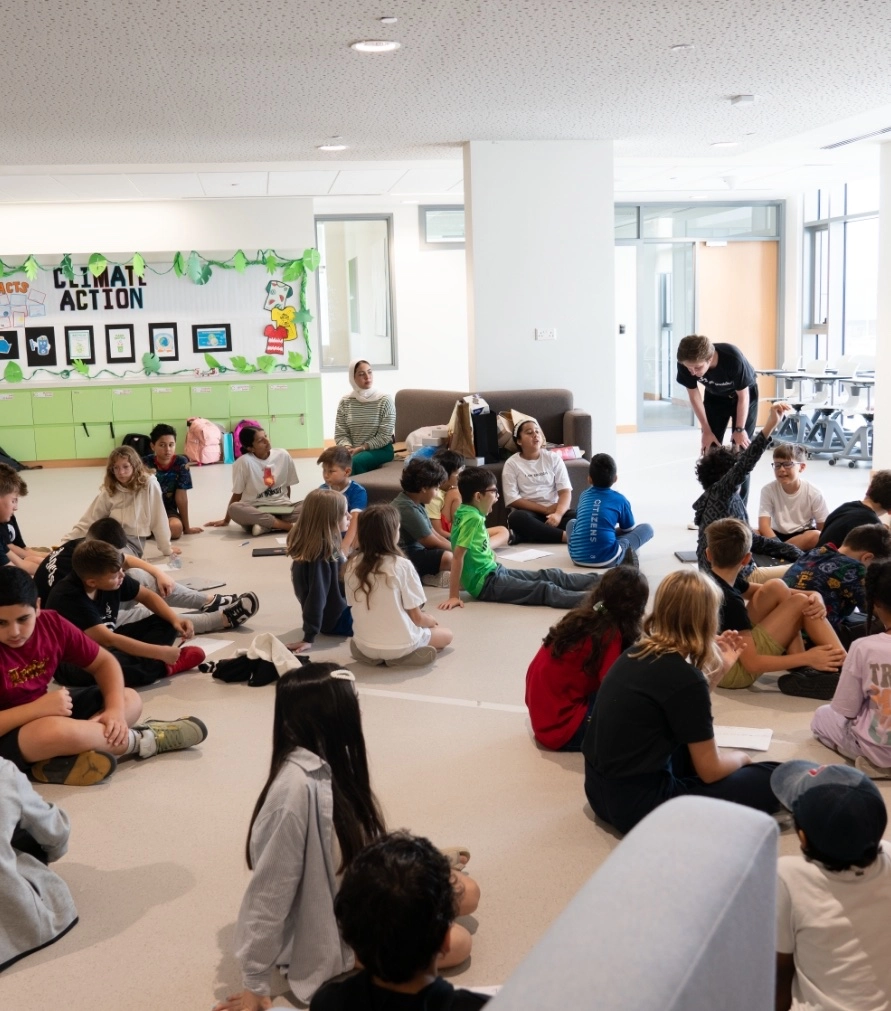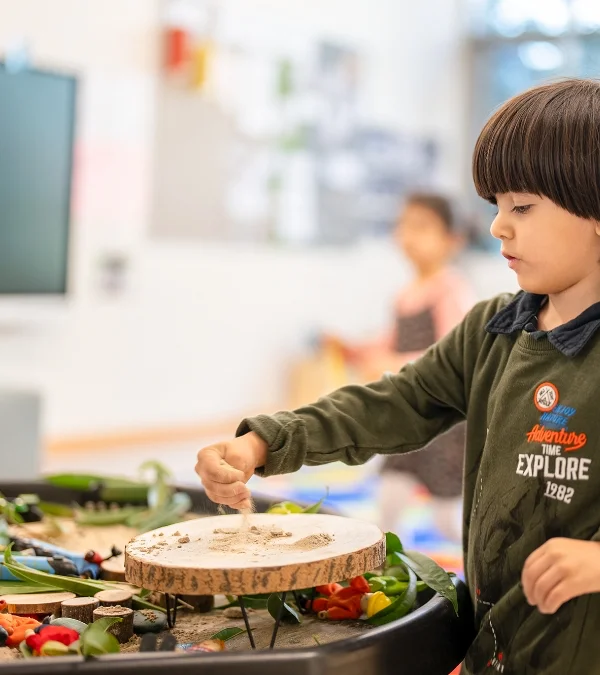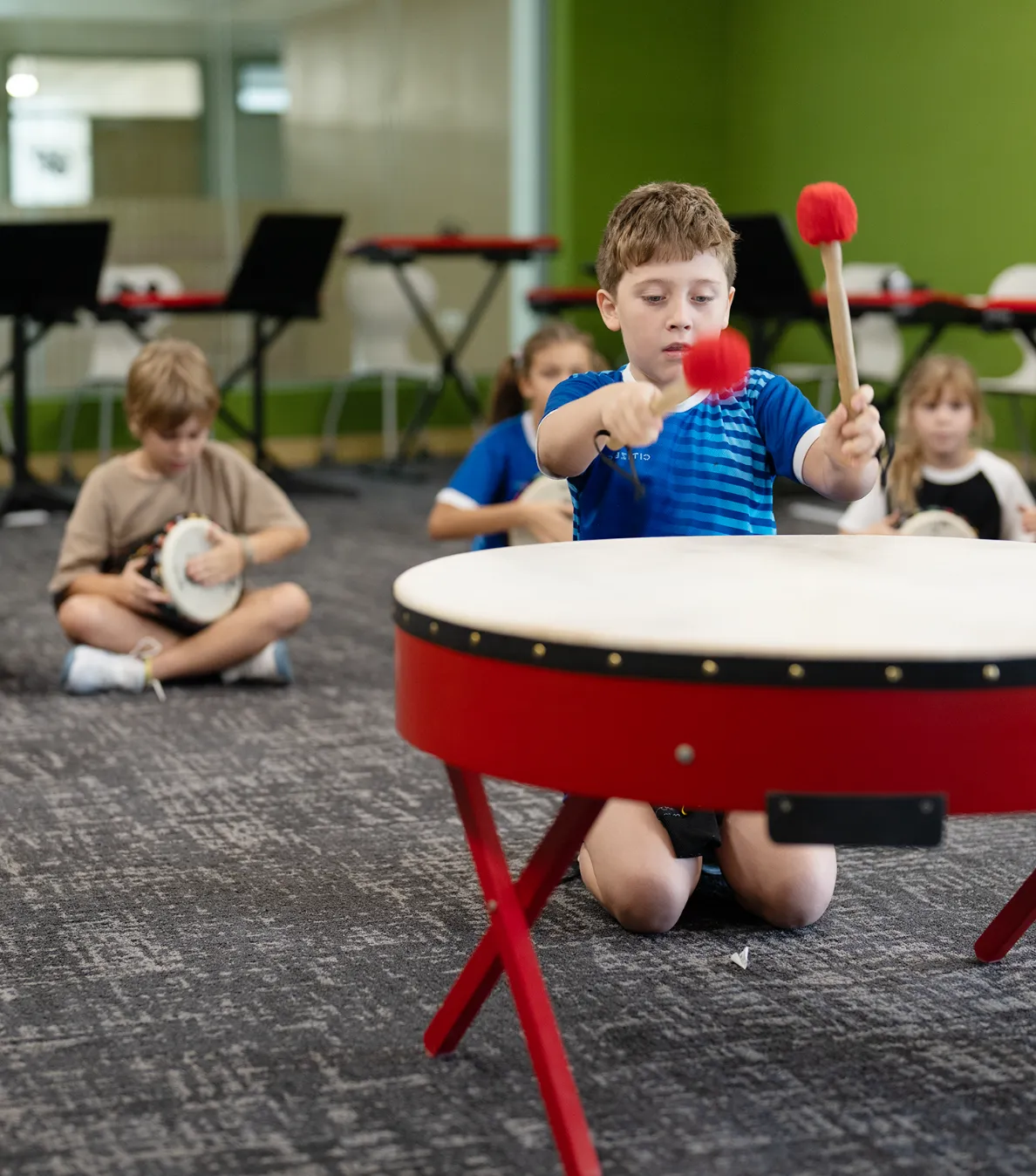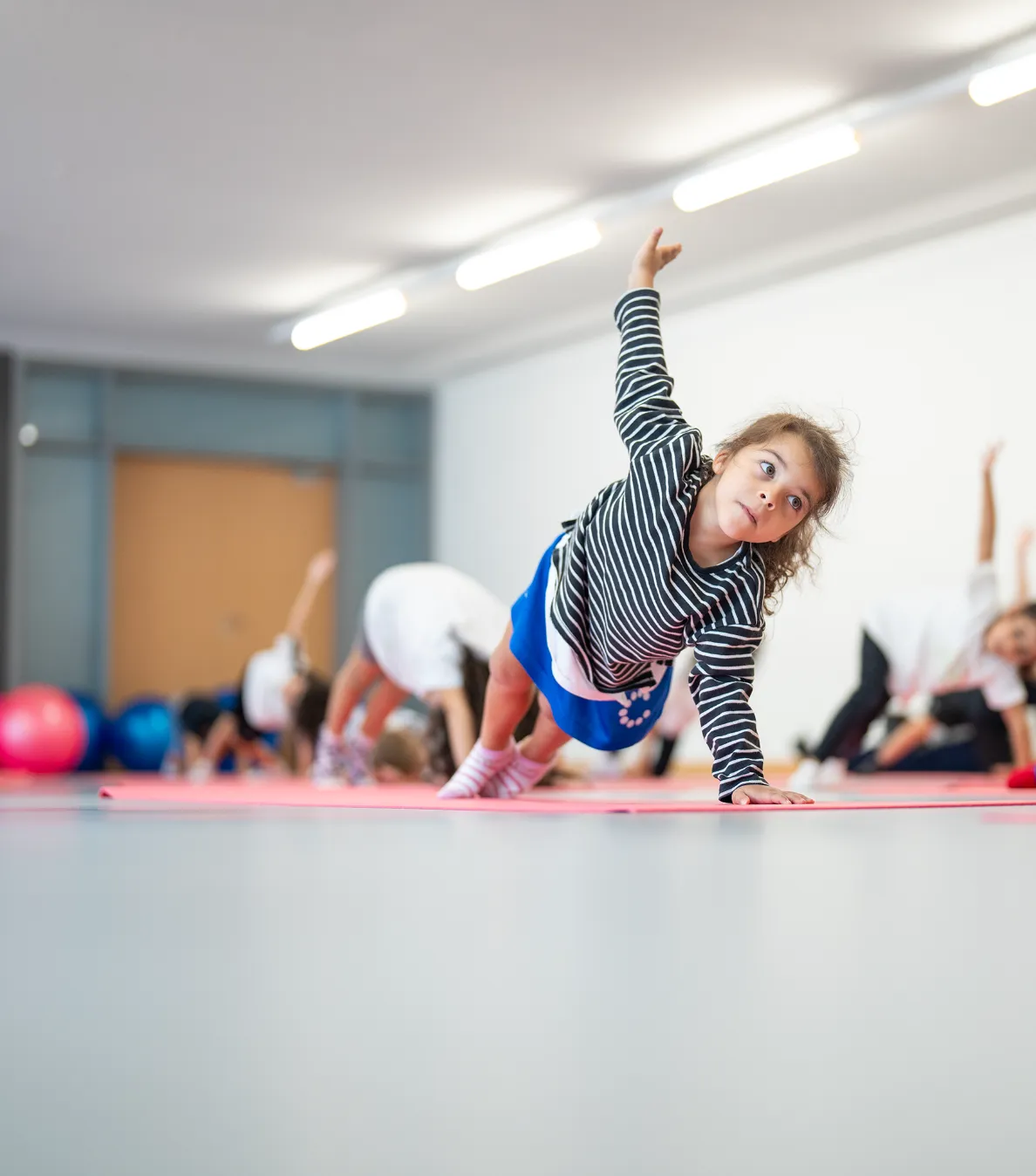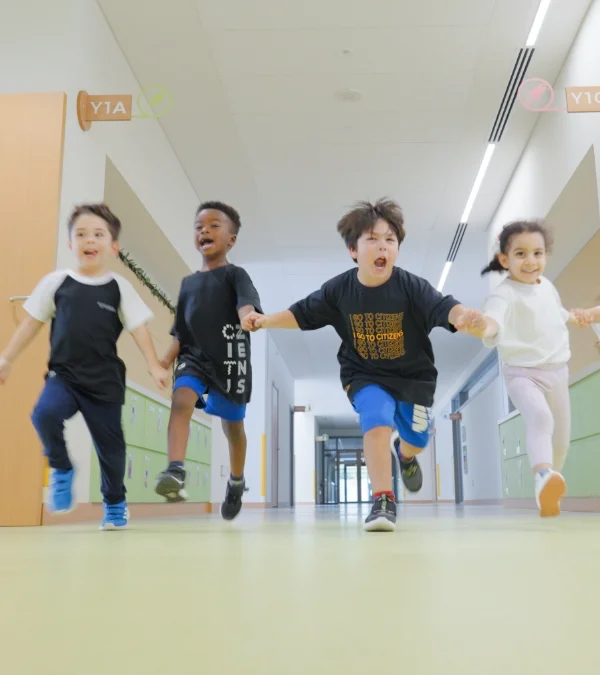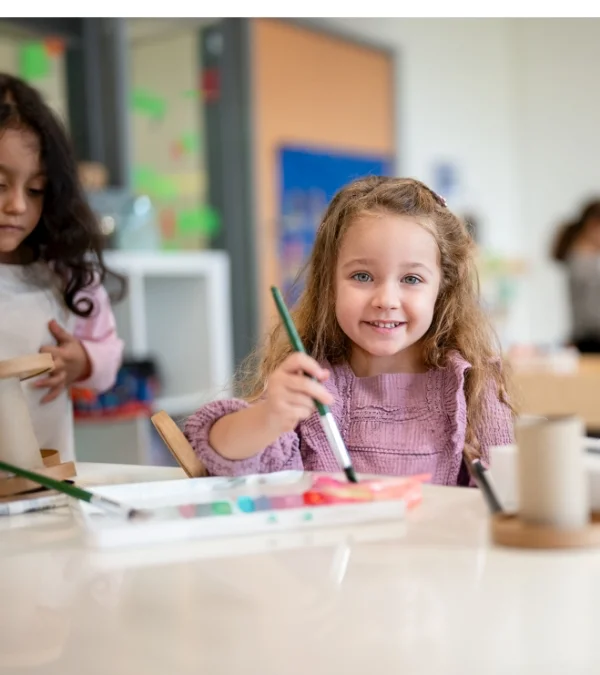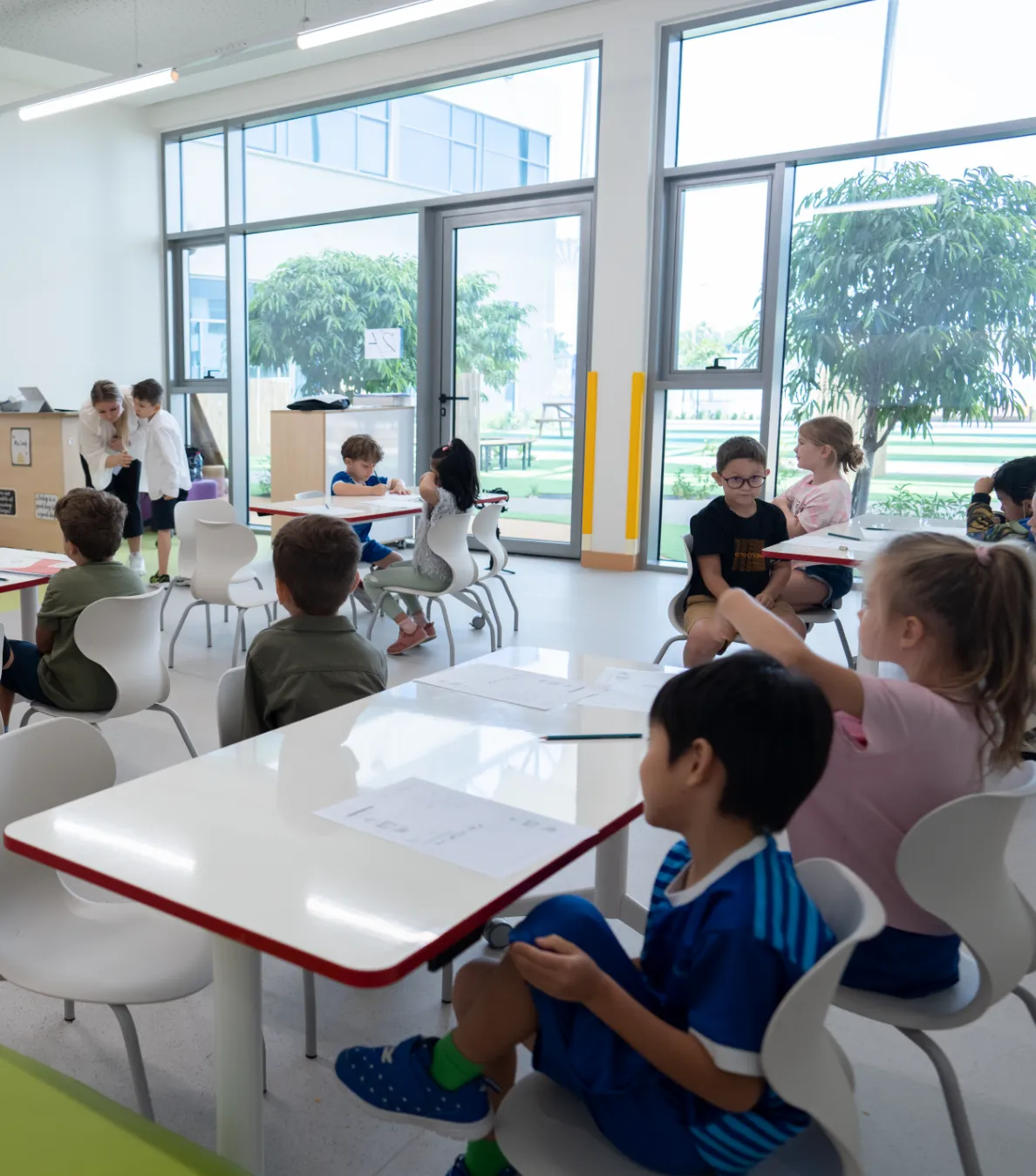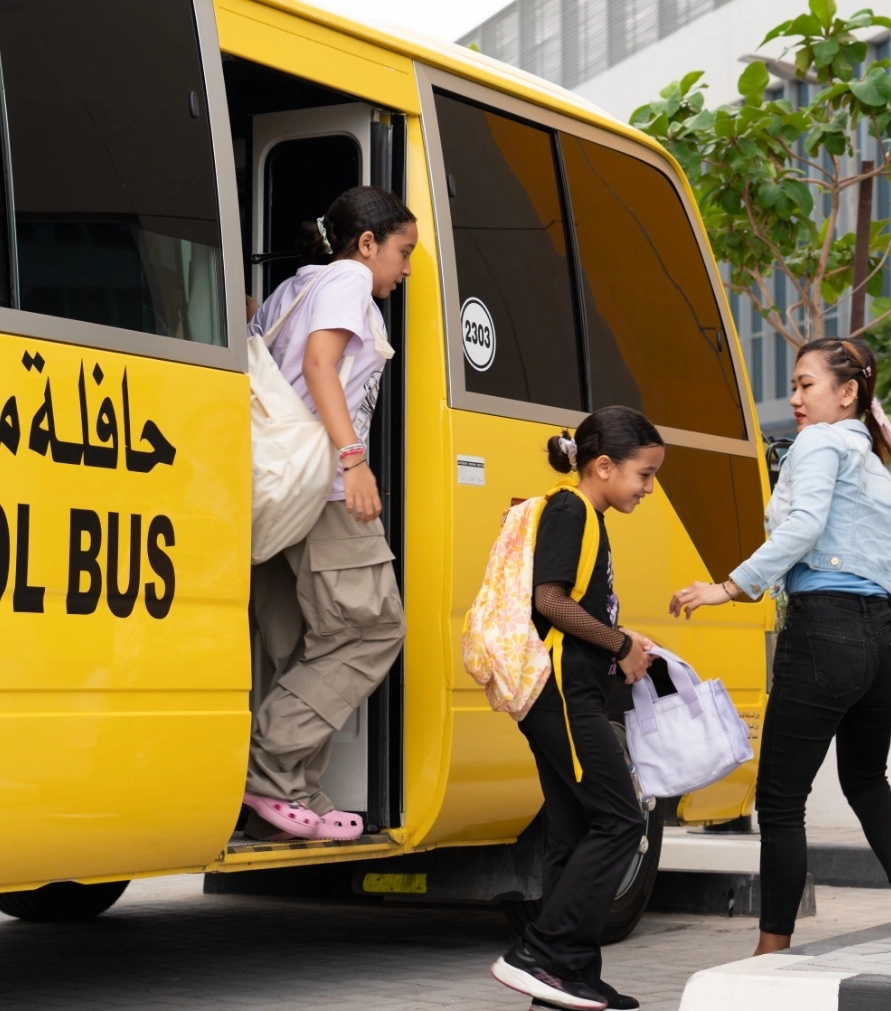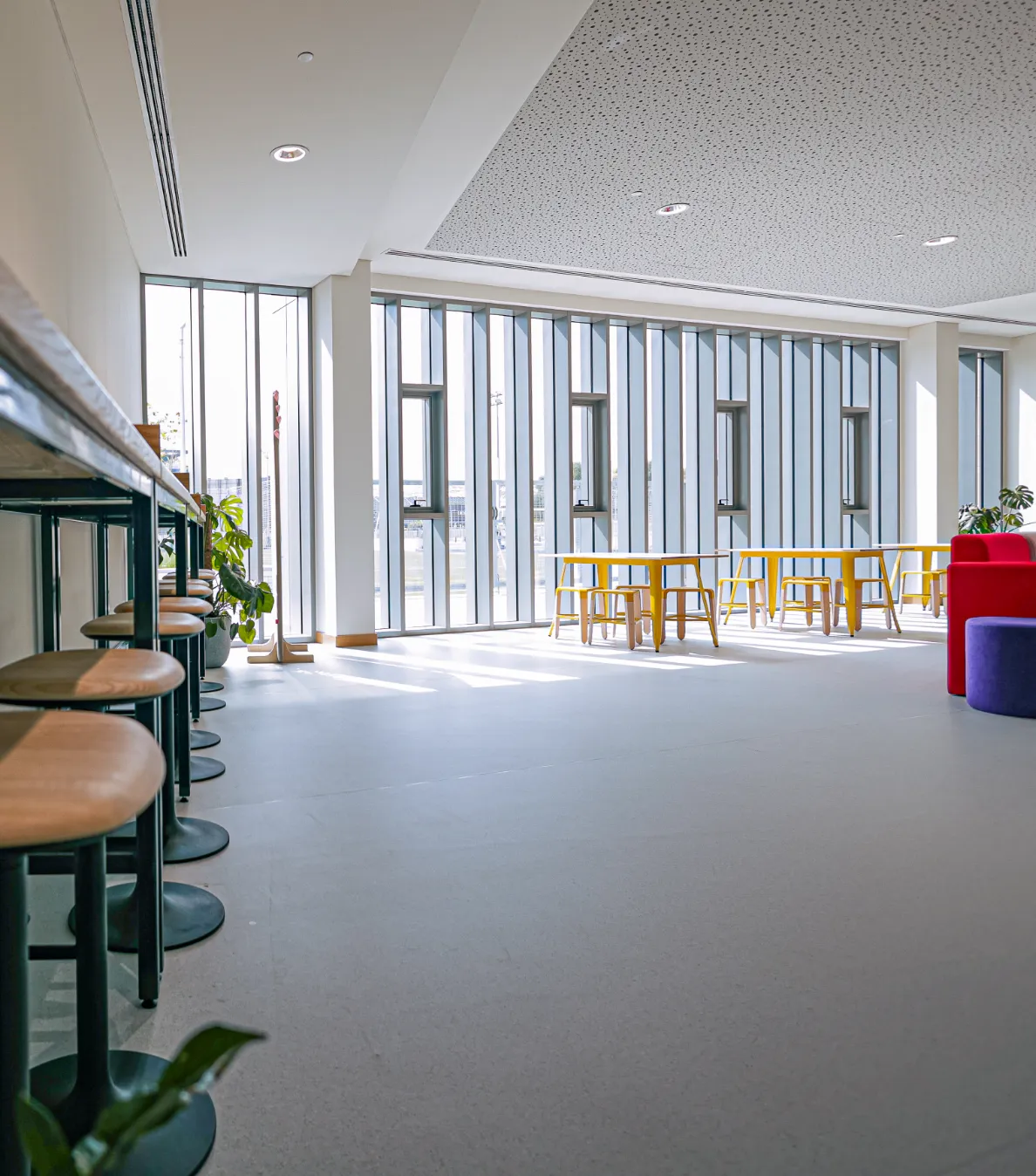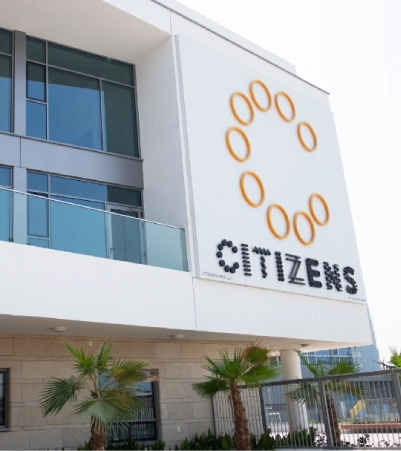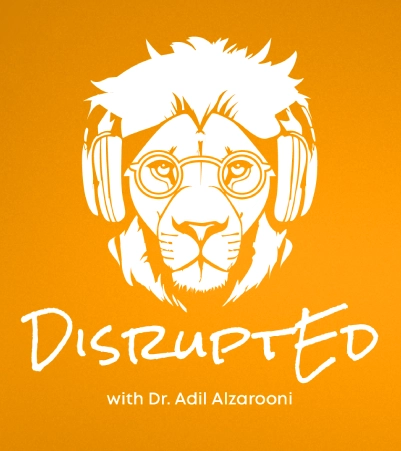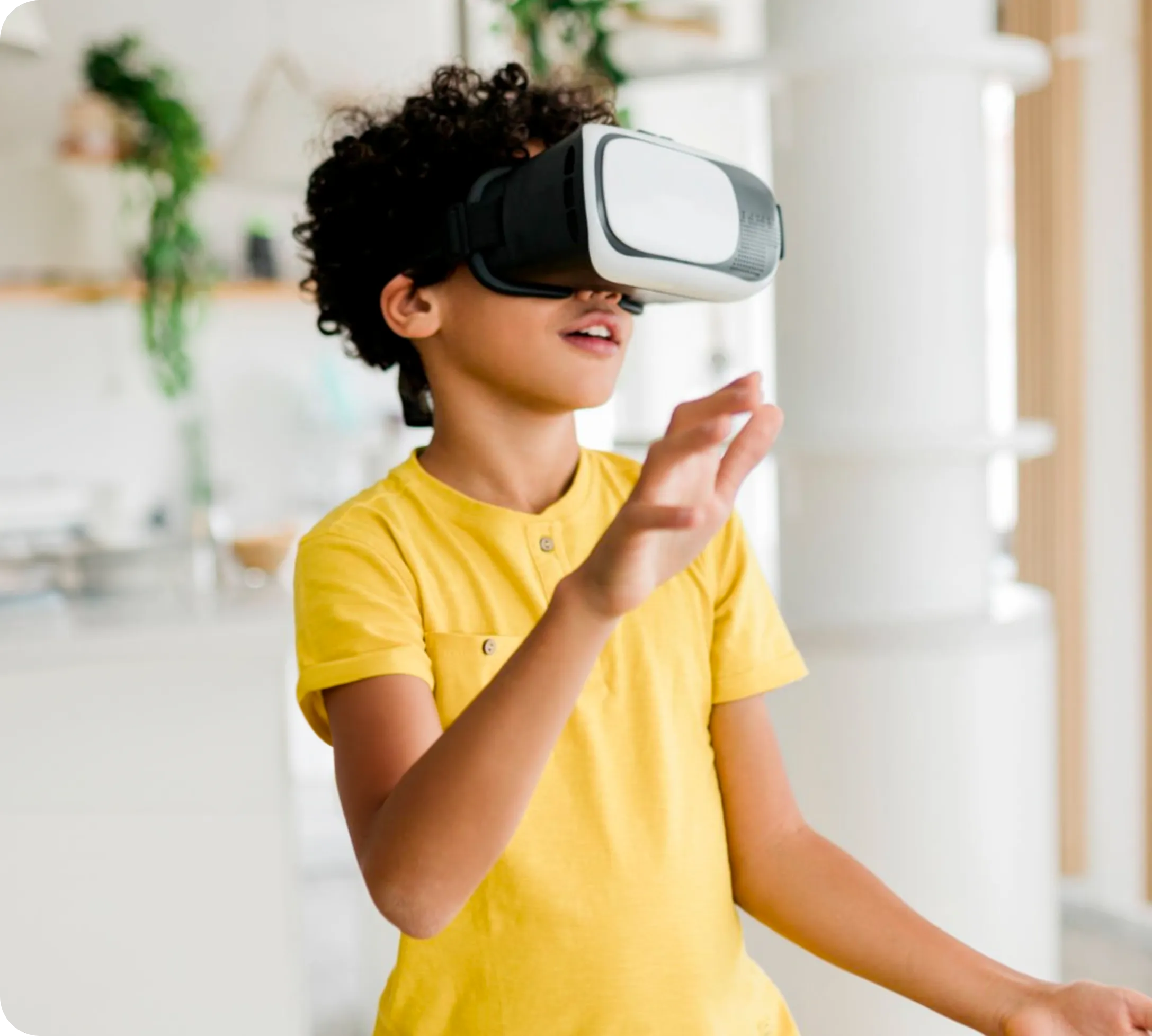Welcome to the third episode of DisruptEd, offering a look into the future of education, in conversations with experts discussing research and real-world applications. The podcast, produced by Citizens School explores how breakthroughs in learning and teaching are shaping the way we prepare learners for the future.
DisruptEd is hosted by Dr. Adil Alzarooni, a serial entrepreneur, lifelong learner, and founder of Citizens School.
In this episode, Dr. Adil speaks with Samer Hamadeh, a seasoned entrepreneur in the F&B and entertainment industries. Samer shares how his unconventional career journey – from launching creative nightlife concepts like Stereo Arcade to founding the award-winning Akiba Dori – was shaped by personal passion, risk-taking, and a desire for freedom.
Their conversation dives into redefining success, embracing failure, and how today’s education can nurture entrepreneurial thinking and future-ready mindsets.
Listen or Watch Now
Listen or watch the episode on YouTube, Apple Podcasts, Spotify, or on your favorite podcast platform. As this is a new podcast, we appreciate your feedback and ideas on who to interview next.
To connect with Dr. Adil, please follow the links below.
Connect with Dr. Adil
LinkedIn /adilalzarooni
Instagram /dradilalzarooni
TikTok /dradilalzarooni
Connect with Samer
Instagram /iammrbrightside
LinkedIn /samer-s-hamadeh
